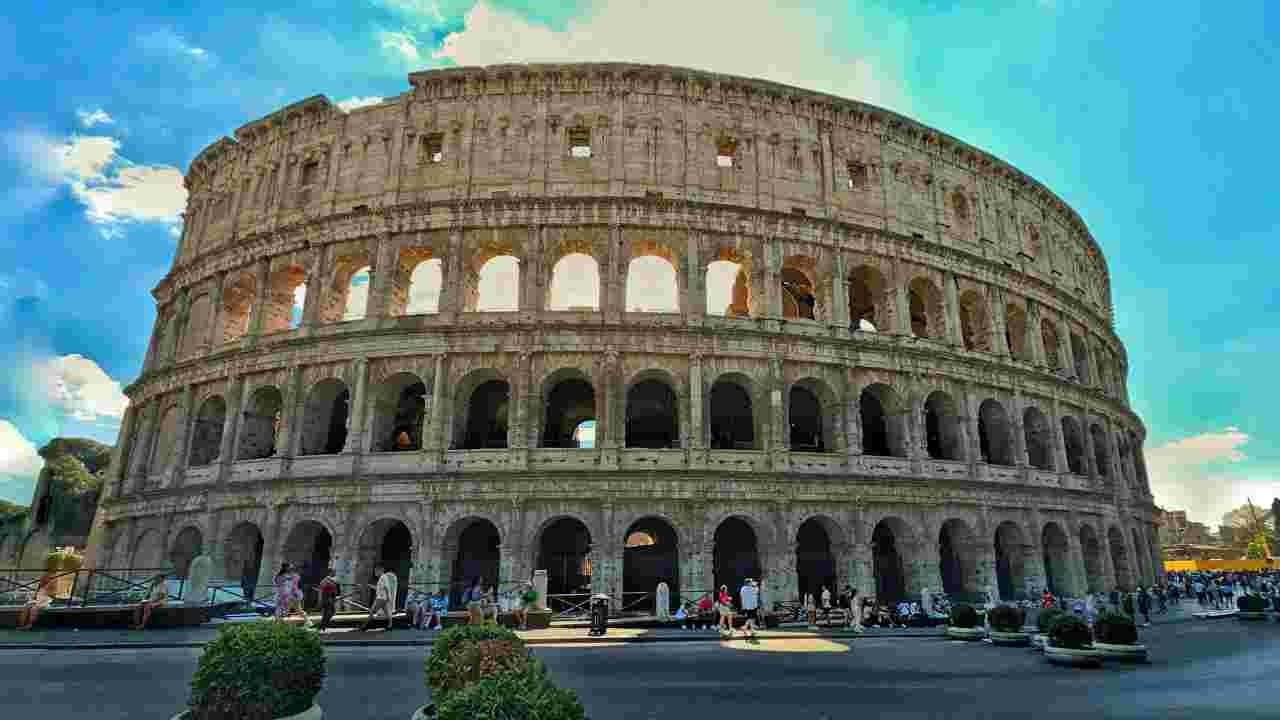Balancing Benefits and Problems of Tourism

Essay Question
Tourism is considered an important industry in many countries, but it can also cause problems such as environmental damage and cultural erosion. To what extent do you agree or disagree?
Sample Answer
Tourism has become a vital economic sector for many countries, generating substantial revenue and employment opportunities. However, it also raises concerns about environmental degradation and the erosion of local cultures. While I acknowledge that tourism can have detrimental effects, I believe that with proper management, its benefits outweigh the drawbacks.
On the one hand, the influx of tourists often exerts significant pressure on natural ecosystems. Popular destinations face problems such as pollution, habitat destruction, and overuse of resources. For example, excessive foot traffic in fragile environments like coral reefs or mountain trails can cause irreversible damage. Moreover, the development of infrastructure to accommodate tourists, such as hotels and roads, may lead to deforestation and loss of biodiversity. Additionally, mass tourism sometimes disrupts traditional lifestyles, leading to cultural commodification where authentic practices are altered to satisfy tourist expectations.
On the other hand, tourism plays a crucial role in boosting local economies and fostering cultural exchange. It creates jobs in hospitality, transportation, and retail sectors, improving living standards. For many communities, tourism revenue funds conservation efforts and the preservation of heritage sites. Furthermore, exposure to diverse cultures promotes mutual understanding and tolerance among people from different backgrounds. Responsible tourism initiatives, such as eco-tourism and cultural tourism, strive to minimize negative impacts while maximizing social and economic benefits.
In my opinion, the key lies in sustainable tourism development that balances economic growth with environmental protection and cultural preservation. Governments and stakeholders must implement strict regulations, invest in eco-friendly infrastructure, and educate tourists about respectful behavior. By doing so, tourism can remain a force for good, enriching both visitors and host communities.
In conclusion, although tourism can cause environmental and cultural challenges, these issues are manageable through careful planning and sustainable practices. The positive contributions of tourism to economic development and cultural understanding make it a valuable industry when responsibly managed.